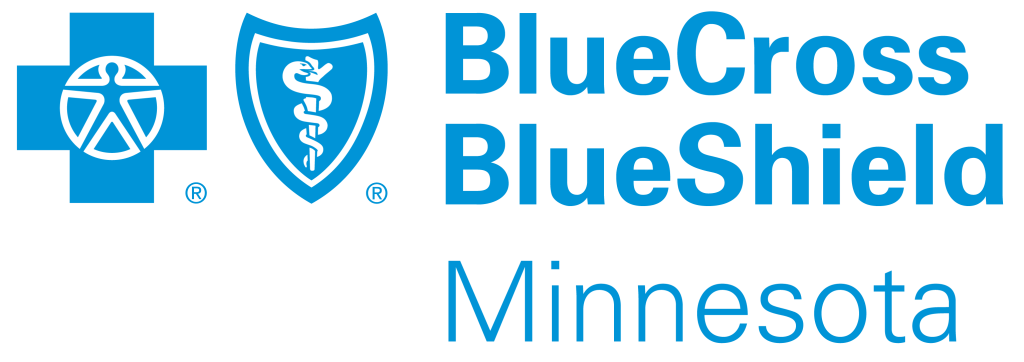Member: I recently returned home after a brief hospital stay. The transition hasn’t been easy and I’m wondering if my prescriptions might have something to do with it. Is there someone I can talk to about it? —Bruce, Mahtomedi
Pharmacist: To answer this question, I reached out to Blue Cross Medication Therapy Management (MTM) pharmacist Landon Weaver. Landon, what can you tell us about making a smooth transition from hospital to home?
Landon: Returning home from the hospital can be a disorienting experience. Regaining a sense of stability and getting back into the rhythm of your daily routine can feel particularly exhausting during this time, especially if changes have been made to your medication regimen.
In some cases, you may find yourself facing a temporary change, such as completing a short course of antibiotics. Other times, you may find yourself having to adapt to an increase in dosage or altering the way you take your longterm medications on a daily basis. No matter how big or small the adjustment is, it is normal to have questions.
Any time a transition of care is in progress, there is an increased likelihood for medication errors to pop up. If these errors are not caught and corrected, you may experience unpleasant side effects or find yourself facing hospital readmission.
Conducting a medication reconciliation can prevent these errors from occurring. Medication reconciliation is the process of creating the most accurate list possible of all medications a patient is taking including drug name, dosage, frequency, and route. This is especially important when you come home from the hospital and have your previous medications and now new medications prescribed or stopped during your hospital stay.
Pharmacists are clinically trained to evaluate a drug regimen to ensure every medication is indicated and effective at treating the health condition for which it is being prescribed. Participating in a comprehensive medication review allows the pharmacist to take an in-depth look at your medication list and ultimately confirm that it is free of potential drug interactions or side effects.
Perhaps most importantly, pharmacists can also make suggestions on how to improve convenience and affordability of your medications by ensuring that they are affordable or by reducing the number of pills you take per day.
Whether it has been one week or one year since your last hospitalization, it is beneficial to have a second set of trained eyes look over your medication list. If you are interested in scheduling an MTM consultation, call 866-873-5941 (TTY 711), Monday through Friday, 9 a.m. to 5 p.m. Central Time. Learn more at bluecrossmn.com/mtm.



